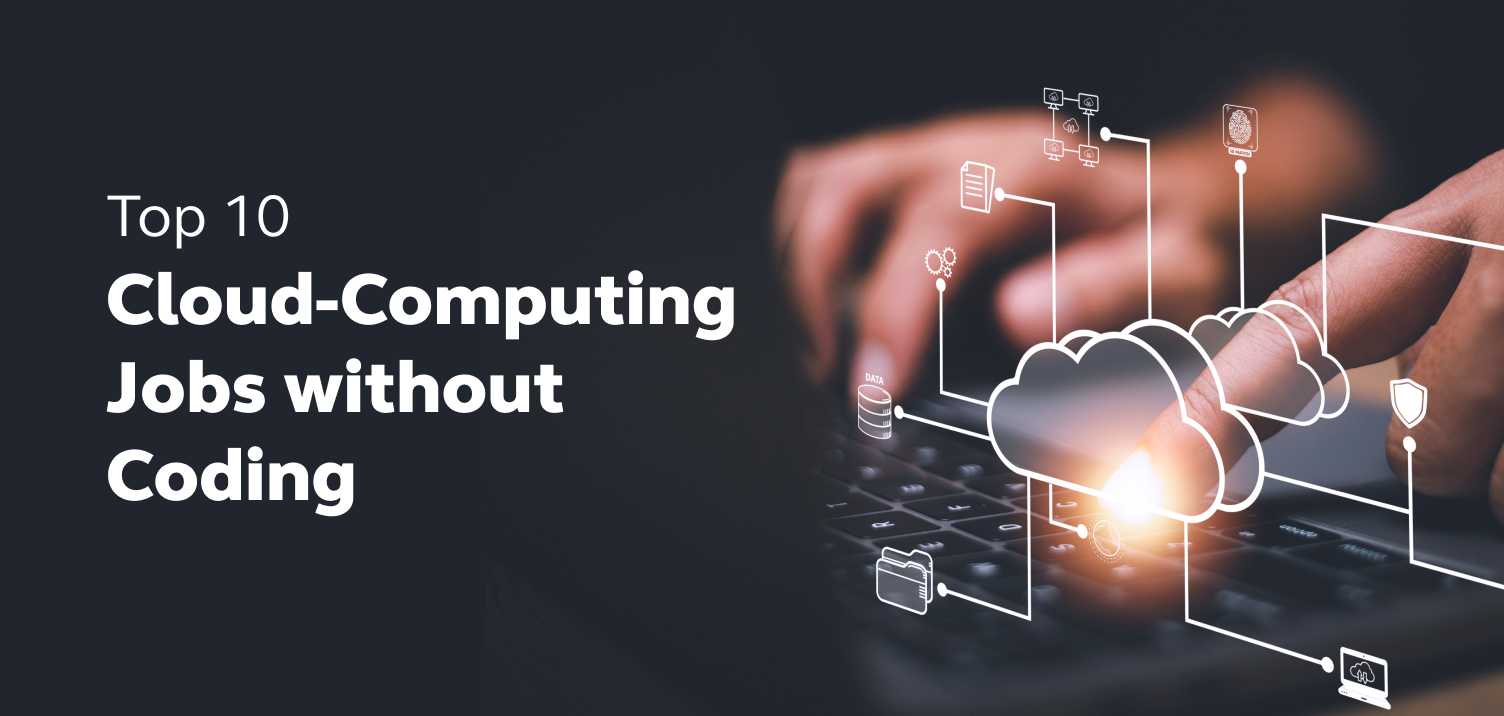
Top 10 High Paying Cloud-Computing Jobs without Coding in 2025
Mar 07, 2025 6 Min Read 33392 Views
(Last Updated)
Cloud computing has become an integral part of our technological landscape. Its versatility and scalability have driven a surge in cloud adoption, creating a demand for skilled cloud computing engineers. While coding skills are highly valuable in cloud computing, there is a growing demand for non-coding roles as well.
In this blog, we’ll explore the Top 10 High Paying Cloud-Computing Jobs without Coding in India, offering freshers promising career opportunities in the ever-evolving cloud industry.
Table of contents
- Top 10 High Paying Cloud-Computing Jobs withoutCoding
- Cloud Solutions Architect
- Cloud Project Manager
- Cloud Security Engineer
- Cloud Network Engineer
- Cloud DevOps Engineer
- Cloud Data Engineer
- Cloud Compliance and Governance Specialist
- Cloud Sales and Business Development
- Cloud Product Manager
- Cloud Customer Support and Service Management
- Conclusion
- FAQs
- Q1. Do non-coders have a career in cloud computing
- Q2. Is coding mandatory in cloud computing?
- Q3. What are the top non-coding jobs available in the field of cloud computing?
- Q4. What tools and software should a non-coding cloud computing professional be familiar with?
- Q5. Which cloud job does not require coding?
- Q6. Which relevant certifications and training are beneficial for non-coding cloud computing roles?
Top 10 High Paying Cloud-Computing Jobs without Coding
To become a cloud engineer, you need to have the basic skills required and gain hands-on experience by working on some real-time projects. Let’s look at the top cloud-computing jobs without coding with high salaries:
Before we move to the next part, you should have a deeper knowledge of cloud computing concepts. You can consider enrolling yourself in GUVI’s Cloud Computing Course, which lets you gain practical experience by developing real-world projects and covers technologies including Azure Command-Line Interface (CLI), Azure Monitor, Azure Resource Manager (ARM) Templates, and tools like Visual Studio Code, among many others.
Additionally, if you want to explore Azure through a Self-paced course, try GUVI’s Azure certification course.
1. Cloud Solutions Architect
A Cloud Solutions Architect is a visionary who designs and plans cloud infrastructures to meet an organization’s needs. Their role involves understanding business requirements, selecting suitable cloud services, and creating strategies for optimal performance. This cloud role doesn’t require coding but demands a deep understanding of cloud technologies.
Roles and Responsibilities:
- Designing cloud solutions.
- Analyzing requirements.
- Ensuring alignment.
- Optimizing performance.
- Collaborating with teams.
- Ensuring compliance.
Core Skills Required:
- Cloud expertise.
- Technical skills.
- Communication.
- Project management.
- Security knowledge.
- Cost optimization.
Tools and Software Knowledge:
- Cloud tools.
- Diagram software.
- Collaboration tools.
Relevant Certifications and Training:
- AWS, Azure, GCP certs.
- Cloud architecture courses.
Salary Range:
- ₹10-20 LPA
Career Growth:
- Senior Architect.
- CTO, CIO.
Companies Hiring:
- Amazon
- Microsoft
- Google Cloud
- IBM
Work Flexibility:
- Remote, some travel.
2. Cloud Project Manager
Project managers play a crucial role in overseeing cloud-related projects. They ensure projects are completed on time, within budget, and according to specifications. While technical knowledge is beneficial, this role is more about organization, communication, and effective project management.
Roles and Responsibilities:
- Project planning and execution.
- Team coordination and leadership.
- Budget and resource management.
- Stakeholder communication and reporting.
Core Skills Required:
- Project management expertise.
- Leadership and communication skills.
- Risk assessment and mitigation.
- Time and resource management.
Tools and Software Knowledge:
- Project management tools (e.g., Jira, Trello).
- Collaboration software.
- Budgeting and resource allocation tools.
Do read about the top cloud computing tools in 2025
Relevant Certifications and Training:
- Project Management Professional (PMP).
- PRINCE2 (Projects IN Controlled Environments).
Salary Range:
- ₹8-15 lakhs per annum, depending on experience and location.
Career Growth:
- Senior Project Manager.
- Program Manager.
- Director of Project Management.
- Transition to other senior leadership roles.
Companies Hiring:
- Amazon Web Services (AWS).
- Microsoft (Azure).
- IBM.
- Deloitte.
Work Flexibility:
- Typically office-based, but remote work may be possible, especially in consulting roles.
3. Cloud Security Engineer
As data breaches continue to make headlines, the role of a Cloud Security Engineer is pivotal. They work on safeguarding cloud environments, conducting risk assessments, and implementing security measures. A sound understanding of security practices is vital, but coding is not a prerequisite.
Roles and Responsibilities:
- Security infrastructure design.
- Threat analysis and risk assessment.
- Security policy development and enforcement.
- Incident response and resolution.
Core Skills Required:
- Cybersecurity expertise.
- Security best practices.
- Knowledge of compliance and regulations.
- Problem-solving and analytical skills.
Tools and Software Knowledge:
- Security tools (e.g., firewall, IDS/IPS).
- SIEM (Security Information and Event Management) systems.
- Compliance and auditing tools.
Relevant Certifications and Training:
- Certified Information Systems Security Professional (CISSP).
- Certified Cloud Security Professional (CCSP).
- AWS Certified Security – Specialty.
- Azure Security Engineer.
Salary Range:
- ₹8-20 lakhs per annum, depending on experience and location.
Career Growth:
- Senior Cloud Security Engineer.
- Security Architect.
- Chief Information Security Officer (CISO).
Companies Hiring:
- Amazon.
- Microsoft.
- Google Cloud.
- IBM.
Work Flexibility:
- Office-based, remote work may be possible in some roles, especially in cybersecurity consulting.
4. Cloud Network Engineer
Cloud Network Engineers design and manage network infrastructures within cloud environments. They optimize network services for performance and security, making sure data flows seamlessly. While it’s helpful to have technical knowledge, this role primarily focuses on networking concepts.
Roles and Responsibilities:
- Designing and managing cloud network infrastructure.
- Implementing security measures and monitoring network performance.
- Optimizing network services for scalability and reliability.
- Troubleshooting network issues and providing technical support.
Core Skills Required:
- Networking expertise.
- Cloud-specific network knowledge.
- Security skills.
- Troubleshooting and problem-solving abilities.
Tools and Software Knowledge:
- Networking tools (e.g., Cisco, Juniper).
- Cloud networking services and tools.
- Network monitoring and management software.
Relevant Certifications and Training:
- Cisco Certified Network Associate (CCNA).
- Certified Cloud Network Professional (CCNP).
- AWS Certified Advanced Networking – Specialty.
- Azure Network Engineer.
Salary Range:
- ₹8-18 lakhs per annum, depending on experience and location.
Career Growth:
- Senior Cloud Network Engineer.
- Network Architect.
- Solutions Architect.
- Network Manager.
Companies Hiring:
- Cisco
- Dell Technologies
- Hewlett Packard Enterprise (HPE)
- Red Hat
Work Flexibility:
- Office-based, but remote work is possible in some positions, especially in consulting or remote team roles.
Build a career in cloud computing by following this effective step-by-step guide to becoming a cloud engineer.
5. Cloud DevOps Engineer
DevOps Engineers automate the deployment and management of cloud applications and services. While coding skills are an advantage, tools and automation practices can often be learned without a strong coding background.
Roles and Responsibilities:
- Automating deployment and management of cloud applications.
- Streamlining development and operations processes.
- Building and maintaining CI/CD pipelines.
- Monitoring and optimizing cloud infrastructure.
Core Skills Required:
- DevOps expertise.
- Scripting and automation skills.
- Collaboration and communication.
- Knowledge of containers and orchestration.
Tools and Software Knowledge:
- CI/CD tools (e.g., Jenkins, Travis CI).
- Containerization tools (e.g., Docker, Kubernetes).
- Infrastructure as Code (IaC) tools (e.g., Terraform, Ansible).
Relevant Certifications and Training:
- AWS Certified DevOps Engineer.
- Microsoft Certified: Azure DevOps Engineer.
- Docker Certified Associate.
Salary Range:
- ₹8-20 lakhs per annum, depending on experience and location.
Career Growth:
- Senior DevOps Engineer.
- DevOps Architect.
- Cloud Solutions Architect.
- DevOps Manager.
Companies Hiring:
- Microsoft
- Amazon
- Nagarro
Work Flexibility:
- Often office-based but with remote work opportunities in some organizations, especially in roles with a focus on automation and cloud infrastructure management.
6. Cloud Data Engineer
Data is at the heart of cloud computing, and Cloud Data Engineers manage data pipelines. They ensure data quality, optimize storage, and support data analytics and machine learning initiatives. Though SQL and scripting knowledge are beneficial, this role doesn’t require extensive coding skills.
Roles and Responsibilities:
- Designing and managing data pipelines in the cloud.
- Ensuring data quality and optimizing data storage.
- Supporting data analytics and machine learning initiatives.
- Collaborating with data scientists and analysts.
Core Skills Required:
- Data engineering expertise.
- Proficiency in data technologies.
- Strong problem-solving skills.
- Communication and teamwork.
Tools and Software Knowledge:
- Big Data tools (e.g., Hadoop, Spark).
- Data warehousing solutions (e.g., Redshift, BigQuery).
- ETL (Extract, Transform, Load) tools.
Relevant Certifications and Training:
- Google Cloud Professional Data Engineer.
- AWS Certified Data Analytics.
- Azure Data Engineer.
Salary Range:
- ₹8-18 lakhs per annum, depending on experience and location.
Career Growth:
- Senior Cloud Data Engineer.
- Data Architect.
- Big Data Engineer.
- Data Engineering Manager.
Companies Hiring:
- Google Cloud
- IBM Cloud
- Oracle Cloud
- Snowflake
- Teradata
Work Flexibility:
- Typically office-based but may offer remote work options, particularly in roles with a focus on data pipeline development and management.
7. Cloud Compliance and Governance Specialist
Ensuring cloud environments comply with regulations and industry standards is the responsibility of Compliance and Governance Specialists. They develop policies, conduct audits, and manage compliance. While technical understanding is helpful, coding is not a core requirement.
Roles and Responsibilities:
- Ensuring cloud environments comply with regulatory requirements and industry standards.
- Developing and implementing policies and procedures.
- Conducting compliance audits and assessments.
- Collaborating with legal and security teams.
Core Skills Required:
- Compliance and governance expertise.
- Strong understanding of regulatory frameworks.
- Attention to detail.
- Communication and documentation skills.
Tools and Software Knowledge:
- Compliance and audit tools.
- Governance frameworks.
- Security and risk assessment tools.
Relevant Certifications and Training:
- Certified Information Systems Auditor (CISA).
- Certified Cloud Security Professional (CCSP).
- AWS Certified Security – Specialty.
Salary Range:
- ₹8-15 lakhs per annum, depending on experience and location.
Career Growth:
- Senior Compliance and Governance Specialist.
- Compliance Manager.
- Chief Compliance Officer (CCO).
Companies Hiring:
- Oracle Cloud
- VMware
- Cisco
- Dell Technologies
- Hewlett Packard Enterprise (HPE)
Work Flexibility:
- Typically office-based, but remote work may be available in some organizations, particularly in consulting roles.
8. Cloud Sales and Business Development
Sales and Business Development professionals work to promote cloud services and solutions. They need a solid understanding of cloud technologies and their business value but don’t necessarily require coding skills.
Roles and Responsibilities:
- Selling cloud services and solutions to clients.
- Building and maintaining client relationships.
- Understanding cloud technologies and their business value.
- Collaborating with technical teams.
Core Skills Required:
- Sales and negotiation skills.
- Business acumen.
- Knowledge of cloud technologies.
- Communication and relationship-building.
Tools and Software Knowledge:
- CRM (Customer Relationship Management) software.
- Sales and marketing tools.
- Cloud service offerings and pricing models.
Relevant Certifications and Training:
- Sales and marketing training.
- Cloud sales and solution training.
Salary Range:
- Variable, depending on commissions and targets, typically ₹8-20 lakhs per annum.
Career Growth:
- Senior Sales and Business Development.
- Sales Manager.
- Sales Director.
- Business Development Manager.
Companies Hiring:
- IBM Cloud
- Oracle Cloud
- Adobe
- Red Hat
- VMware
Work Flexibility:
- Often office-based but may involve remote work, especially for client visits and meetings.
9. Cloud Product Manager
Product Managers oversee the development and lifecycle of cloud-related products and services. Their role involves defining product strategy and working closely with cross-functional teams. Coding skills are not a prerequisite, but technical knowledge can be an asset.
Roles and Responsibilities:
- Overseeing the development and lifecycle of cloud-related products and services.
- Defining product strategy and features.
- Collaborating with engineering, marketing, and sales teams.
- Gathering customer feedback and market research.
Core Skills Required:
- Product management expertise.
- Market and customer understanding.
- Technical knowledge of cloud technologies.
- Strong communication and leadership skills.
Tools and Software Knowledge:
- Product management tools.
- Collaboration and project management software.
- Cloud service offerings and features.
Relevant Certifications and Training:
- Product management training and certification.
- Cloud product management courses.
Salary Range:
- ₹10-25 lakhs per annum, depending on experience and location.
Career Growth:
- Senior Product Manager.
- Director of Product Management.
- Chief Product Officer (CPO).
Companies Hiring:
- Red Hat
- NetApp
- Nutanix
- Twilio
- Snowflake
Work Flexibility:
- Typically office-based but may involve remote work, especially in larger tech companies or startups with flexible work policies.
10. Cloud Customer Support and Service Management
In these roles, professionals assist cloud customers with technical issues, manage service requests, and ensure a positive customer experience. Technical knowledge is helpful but coding is not a core requirement.
Roles and Responsibilities:
- Assisting cloud customers with technical issues and inquiries.
- Managing service requests and incidents.
- Ensuring a positive customer experience.
- Collaborating with technical and operational teams for issue resolution.
Core Skills Required:
- Customer service skills.
- Technical knowledge of cloud services.
- Problem-solving and troubleshooting abilities.
- Communication and interpersonal skills.
Tools and Software Knowledge:
- Customer support and service management tools.
- Cloud service dashboards and management interfaces.
- Collaboration and communication tools.
Relevant Certifications and Training:
- Customer service and support training.
- Cloud service-specific training and certifications.
Salary Range:
- ₹5-12 lakhs per annum, depending on experience and location.
Career Growth:
- Senior Customer Support Specialist.
- Service Manager.
- Customer Success Manager.
Companies Hiring:
- Salesforce
- Microsoft
- IBM
Work Flexibility:
- Office-based, with some roles offering opportunities for remote customer support or flexible shifts to accommodate customer needs.
You can also explore various other cloud computing career opportunities that offer huge pay and exciting growth.
Conclusion
The cloud computing industry is booming, and freshers have immense career options without the necessity of coding. These 6-figure non-coding tech jobs are not only financially rewarding but also offer the opportunity to shape the future of cloud computing. Stay updated with the cloud computing trends and connect with cloud engineers to walk with the industry-level pace.
By gaining expertise in these areas and considering relevant cloud computing courses without coding, young professionals can find their niche and thrive in this exciting and dynamic field. Get into these top Cloud-Computing Jobs without Coding and upskill yourself in the tech industry.
Kickstart your career by enrolling in GUVI’s Cloud Computing Course where you will master technologies like matplotlib, pandas, SQL, NLP, and deep learning, and build interesting real-life cloud computing projects.
Alternatively, if you would like to explore Python through a Self-Paced course, try GUVI’s Azure certification course.
FAQs
Ans. Yes, definitely, non-coders do have a career in cloud computing. There are various job opportunities with huge pay for people who have no coding experience.
Ans. No, coding is not mandatory in cloud computing. You can still get a decent job with a huge pay by acquiring some relevant skills for the job openings.
Ans. The top non-coding jobs available in cloud computing are:
Cloud Solutions Architect
Cloud Project Manager
Cloud Data Engineer
Cloud Network Engineer
Ans. A non-coding cloud computing professional should be familiar with the following tools:
Excel
R
Snowflake
BigQuery
Ans. There are jobs in AWS and Azure that do not require coding. You just have to learn the basic fundamentals as a part of many training programs or certification courses.
Ans. Some of the certifications and training are beneficial for non-coding cloud computing roles:
Google Certified Professional Cloud Architect
Microsoft Certified: Microsoft Azure Fundamentals
CompTIA Cloud+

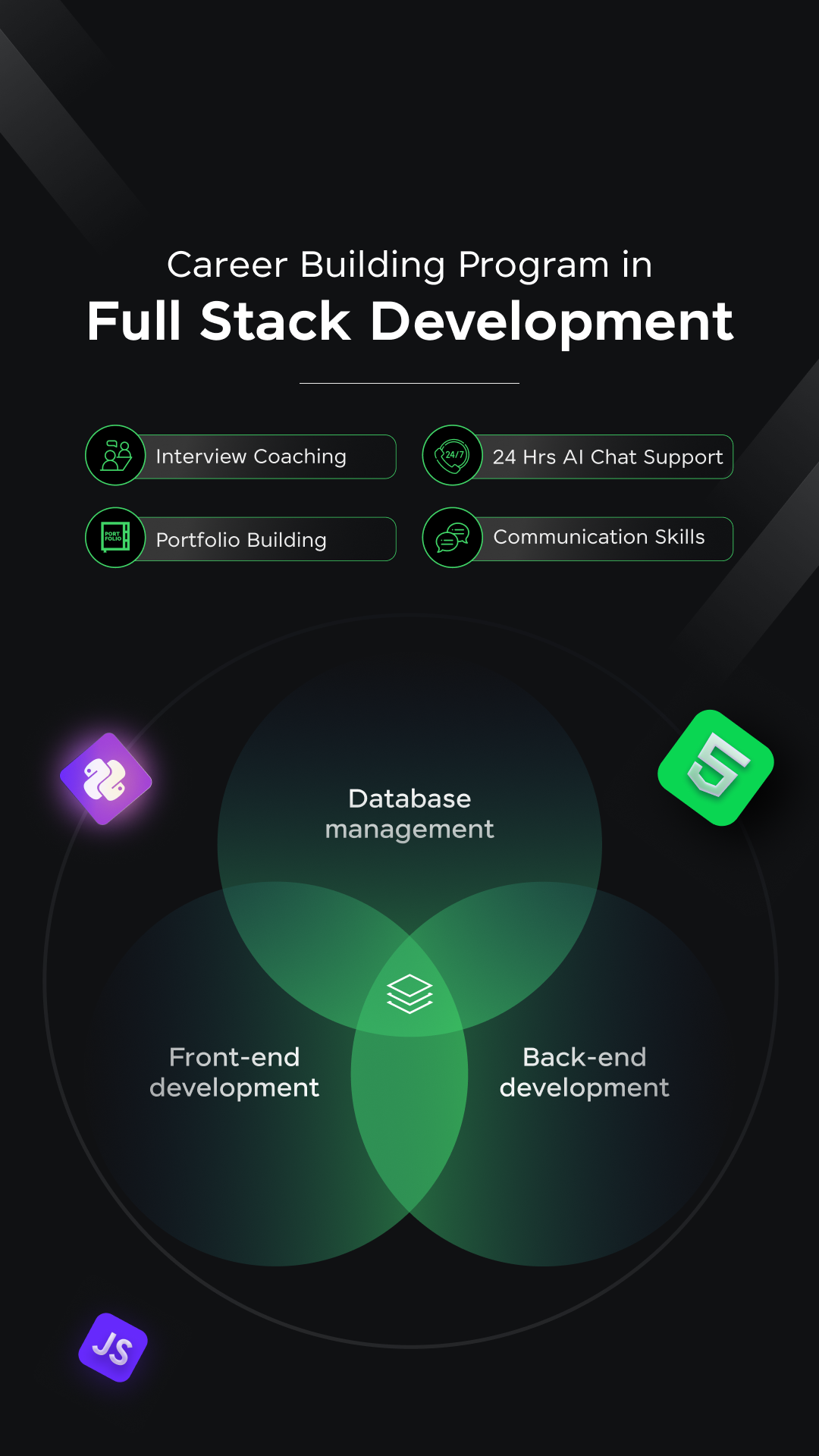

















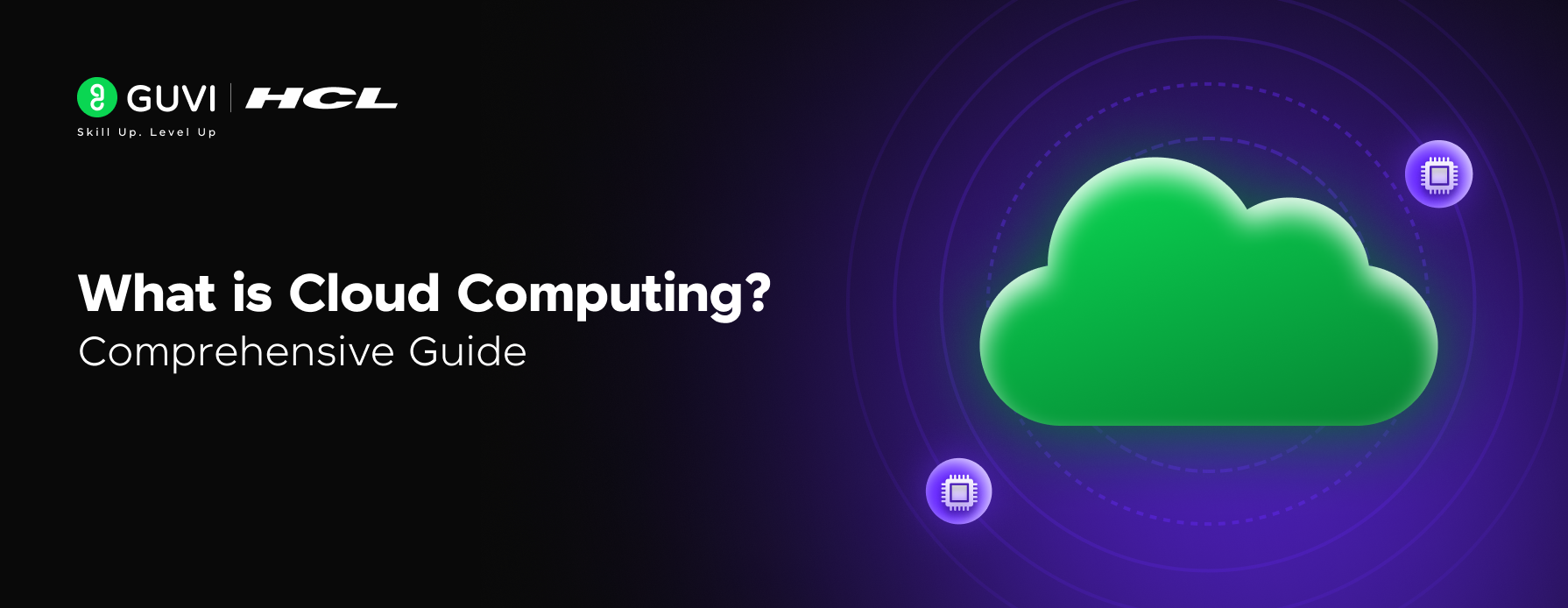
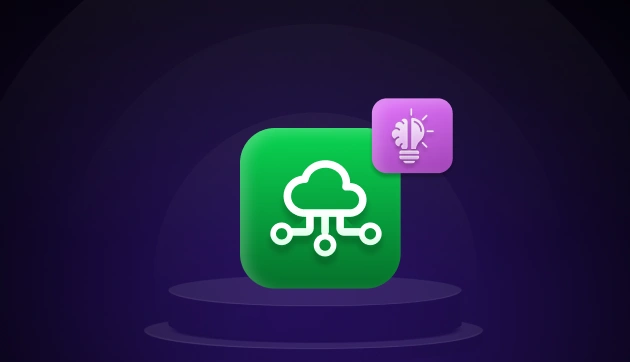

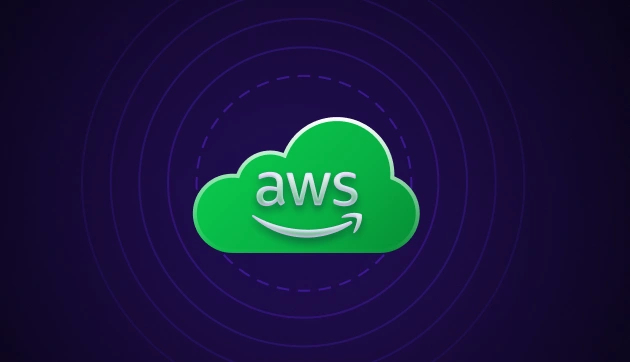

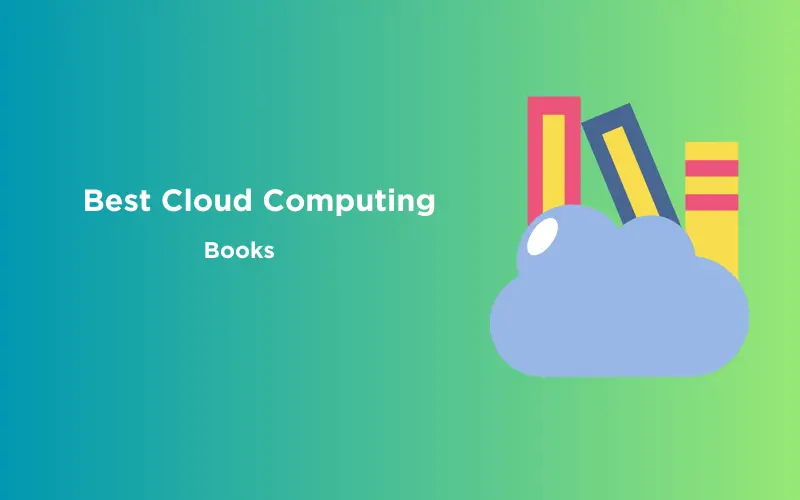

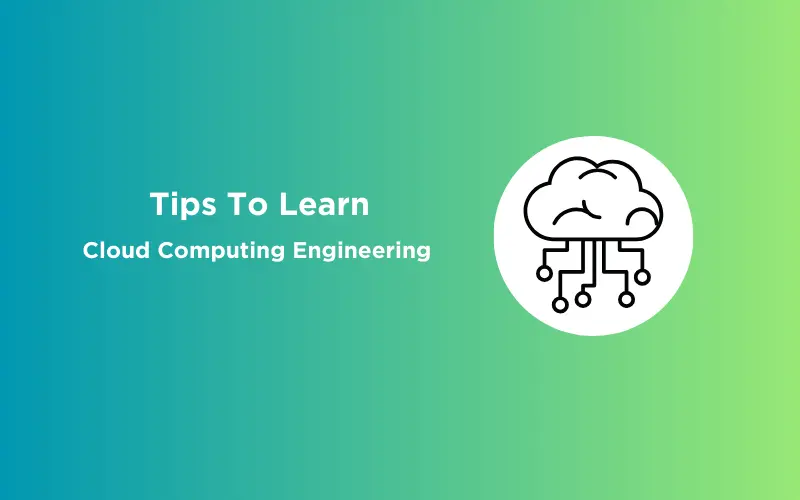

Yes Would love to learn more cloud
good
Which is best web development or cloud computing